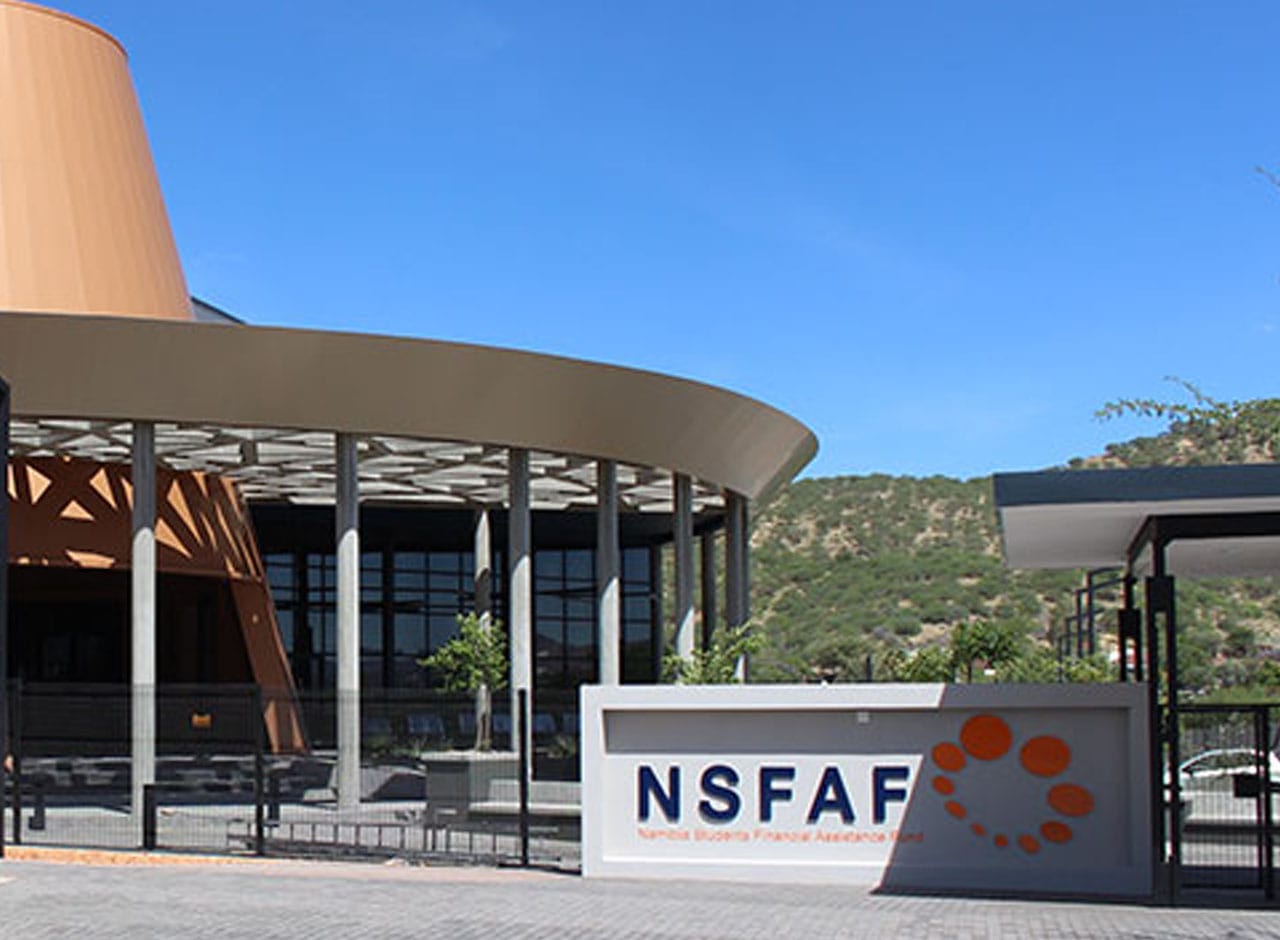Andrew Kathindi
The Namibia Students Financial Assistance Fund (NSFAF) said that it is still owed N$2.8 billion in loan repayments from past beneficiaries.
This announcement comes as NSFAF has allocated a budget of N$244 million for the purchase of mobile devices and laptops. These devices are needed for vulnerable students to have access to e-learning.
“There is a data integrity project we are running that is in entering its final stage. So far, the data indicated by the records is that N$2.8 billion is outstanding from former recipients. That tells you that there is a lot of funds that need to be collected,” said NSFAF Acting CEO Kennedy Kandume.
Kandume said his office is busy consolidating a database of past beneficiaries who have not repaid funds owed. They are collating personal information and updated details of their employment status. Then, they will be contacted and to make repayment arrangements.
Last year, NSFAF announced it was only awarding 2,925 new applicants with financial assistance due to a shortfall of N$641 million. This followed a diminishing allocation to NSFAF in the Higher Education Ministry’s budget. The reduction was brought on by the economic downturn over the last few years.
The Minister of Higher Education, Training and Innovation, Dr Itah Kandjii-Murangi said that the long-term impact of failure to pay back the loans could be “unpleasant.”
“It’s not going to be easy. It’s going to be difficult, but truth be told, if this fund is truly to be a revolving fund that assists future generations, we have to sweat now to keep it going. However, small amounts anyone can put forth on their unpaid debt is important; it’s welcome. The problem comes when people completely stop paying, particularly those who have benefited from the fund and are now working. There are many who are not paying while they could. So, there are strict measures that this fund now is instructed to take, some of which will not be good for anyone,” she told the Windhoek Observer.
The minister noted that it will be essential for NSFAF to do more with less. The Fund is working to refine and finalize its sustainability model. This model will look at different strategies to raise resources to be able to assist eligible Namibian students.
“Higher education is a journey that prepares one for employability. Our higher education institutions have introduced the process of ensuring that if you graduate in any discipline, at least you have the necessary skills to be employed,” she said.
She added, “They have a course of Entrepreneurship at Unam and NUST. There is a common thread across nearly all faculties that speak to entrepreneurship and skills development. It cannot be at the end. The program must be taken as they start their first year to be able to gather these skills through their stay at the university.”
NSFAF was formed in 1995. It is a government-funded student bursary and loan scheme. The Fund provides loans for students in higher education facilities to help pay for the cost of their tertiary education.




